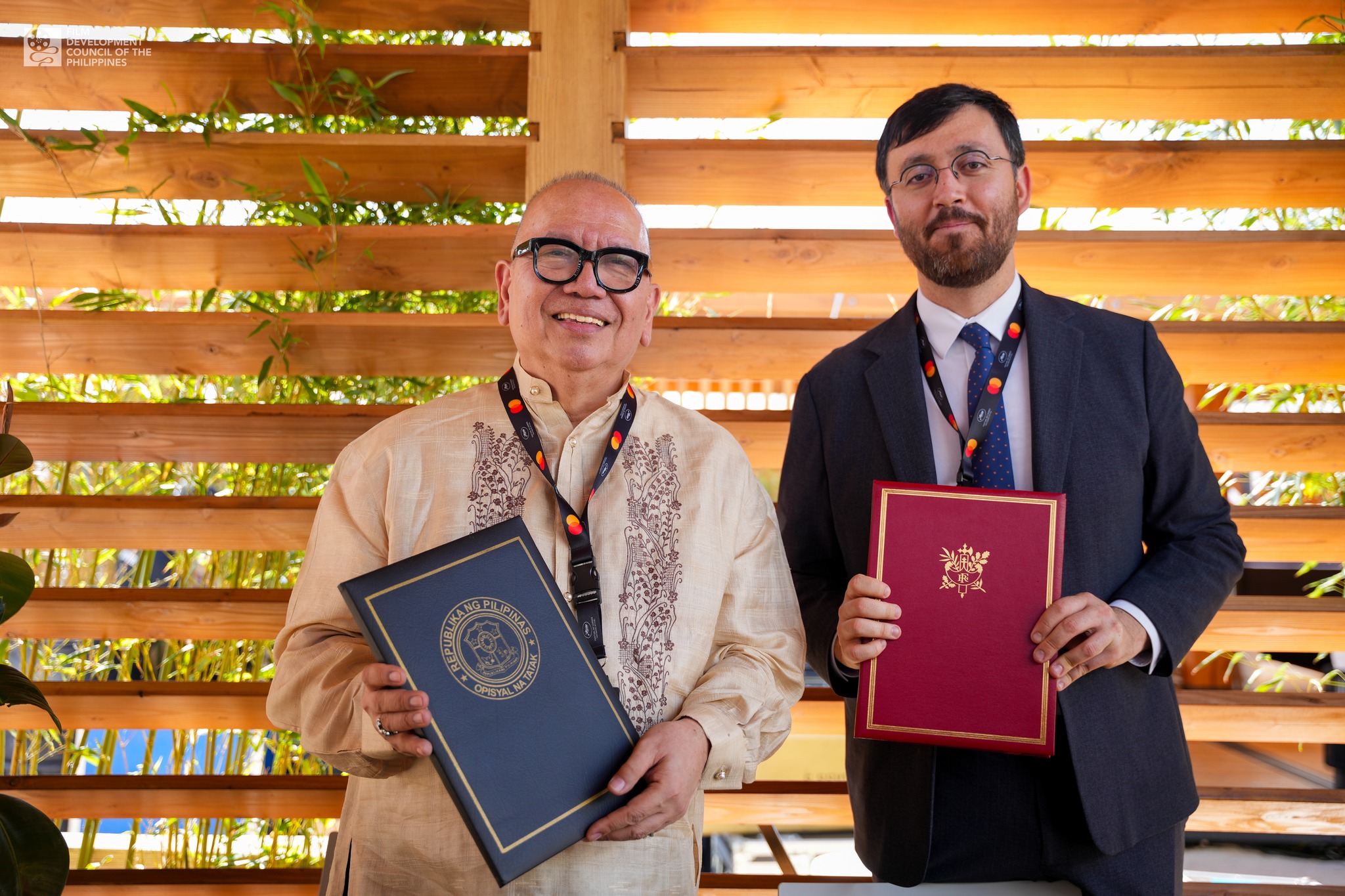It’s about time to protect the welfare and rights of freelancers

Improving the state of Philippine Cinema does not just involve supporting the development, production, distribution and exhibition of films locally and internationally.
While it is crucial to engage with industry movers and partners, establish mechanisms of production support, and initiate programs to promote films and other audiovisual content, it is all the more important to work for a more sustainable industry.
This entails the betterment of the state of the workforce through closer engagements with different instrumentalities in the industry as well as the government. Public policies for the industry must provide better systems and set standards for various sectors.

The Freelancers Protection Bill was recently approved by the House Committee on Labor and Employment led by committee chairman Rep. Eric Pineda of 1-PACMAN Party-list.
One of the proposed policies that the Film Development Council of the Philippines (FDCP) has been actively supporting is the Freelancers Protection Act for the country’s millions of freelance workers who are paid on a per day basis or “no work, no pay” scheme and have no direct employers.
On January 19, the Freelancers Protection Bill was approved by the House Committee on Labor and Employment and was endorsed for plenary approval at the House of Representatives.
This development is welcome news for Philippine freelancers as they could receive benefits and legal security despite being informal employees. Hopefully, the freelancing community will no longer have to deal with unfair remunerations, late payments, and non-payment for services rendered.
The formidable gig economy
Of the increasing number of freelancers in the country, at least 1.5 million are self-employed individuals in the film and audiovisual (AV) industry, including workers who provide services for film, broadcasting, live events and advertising.
The film and AV industry owes a lot to freelancers as they account for between 70 to 80 percent of the workforce. The thriving film and AV industry, however, suffered losses worth over P100 billion in 2020, and this could have been a great contribution to the economy.
As part of the country’s hardest hit business sector by the pandemic, more than 760,000 film and audiovisual workers have been displaced since the declaration of a national state of calamity in March.
The Covid-19 crisis caught freelancers off guard as they had no one to turn to for financial assistance because they were informal workers without an employer-employee relationship.
This prompted the FDCP to establish the Disaster/Emergency Assistance and Relief (DEAR) Program. The national film agency has since released more than P20 million from its own reallocated funds to help 3,000 freelance audiovisual content workers.
The Bayanihan to Recover as One Law or Bayanihan 2 has also provided for assistance to workers in the creative industries, including but not limited to film and audiovisual workers. They are part of the allotment of P13 billion for the government’s support program for critically impacted sectors.
Through the Bayanihan 2, there may be the implementation of Covid-19 response and recovery interventions such as the Unemployment or Involuntary Separation Assistance worth P5,000 to P8,000 for those in creative industries, including film, audiovisual, and broadcast workers.
Such forms of support show that the government recognizes the value of film and audiovisual workers, making it known that freelancers are just as important as regular employees.
Too many freelancer woes
Prior to the pandemic, freelancers felt alone in their struggles regarding their rights. I talked about the plight of freelancers last year at the House of Representatives during the House Committee Meetings on providing protection and incentives for freelancers.
Some of them accept jobs, whether local or international, without any contract. They are given assignments that require overtime or expose them to dangerous elements. There is also no small claims court for them should they not get paid, and they have no one to turn to because filing a case against a contractor will yield more expenses.
I was speaking from experience as a freelancer myself. Before being a public servant as FDCP Chairperson and CEO, I was a freelance actress on stage, television, and film. It is really difficult to go about doing what you love without job security — and this is experienced by a lot of crew members, staff, artists, talents, and filmmakers.
I said to myself that if there is at least one thing that I can contribute to the industry as a public servant, it is to do everything that I can in order to protect the rights of our dedicated workers and look after their welfare. Therefore, I am glad with the progress of the Freelancers Protection Bill.
Possible improvements in the gig economy
The proposed legislation requires entering into contracts for every freelance project, having a taxation mechanism, and holding public information campaigns on freelancers’ rights. The Bureau of Internal Revenue (BIR) would also have special assistance desks or lanes for freelancers at all Revenue District Offices.
As for compensation, freelancers will be entitled to a night shift differential and hazard pay. They must be paid not later than 15 days after the agreed compensation payment date and they must be given the specified contract price.
The Department of Labor and Employment will receive complaints on violations through the Undersecretary for Workers with Special Concerns. It will impose on noncompliant employers a civil penalty of at least P50,000 but not more than P500,000, and a corresponding interest rate of 6 percent per annum for continuing violations.
The landmark Freelancers Protection Bill will not be possible without the efforts of our lawmakers led by House Committee on Labor and Employment Chairman Rep. Eric Pineda of 1-PACMAN Party-list, and principal authors Pangasinan 4th District Rep. Christopher “Toff” de Venecia, Albay 2nd District Rep. Joey Sarte Salceda, House Deputy Speaker Eduardo “Bro. Eddie” Villanueva of Cibac Party-list, Quezon City 5th District Rep. Alfred Vargas, and Rep. Domingo Rivera of Cibac Party-list.
It has always been the FDCP’s goal to make sure that freelance workers are not left behind. And it is great to know that our lawmakers have stepped up to highlight the important role of freelancers in the creative industry. Much gratitude to our lawmakers for championing the rights of freelance workers, and may the Freelancers Protection Bill be enacted at the soonest possible time.
Notes from the Chair is part of the Arts Awake section of The Sunday Times Magazine published by The Manila Times. Click HERE to view the article on The Manila Times website.





